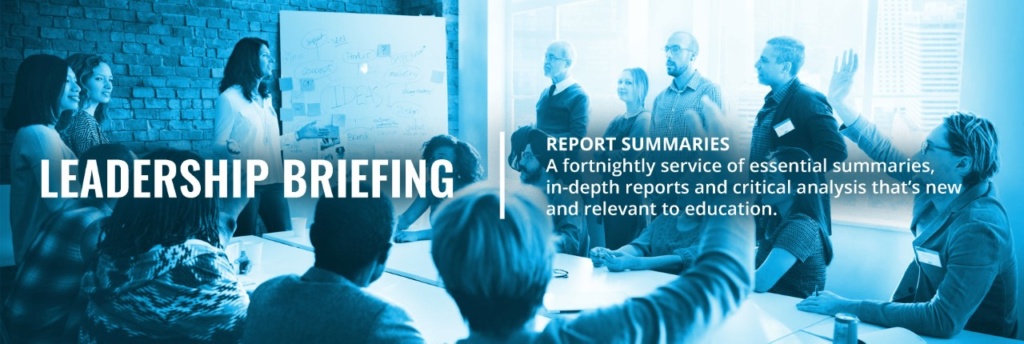
The researchers from the Medical Research Council (MRC) Cognition and Brain Sciences Unit at the University of Cambridge say the research reinforces the need for children to receive detailed assessments of their cognitive skills to identify the best type of support.
According to the research, much of the previous research into learning difficulties has focussed on children who had already been given a particular diagnosis, such as attention deficit hyperactivity disorder (ADHD), an autism spectrum disorder, or dyslexia. By including children with all difficulties regardless of diagnosis, this study better captured the range of difficulties within, and overlap between, the diagnostic categories.
The study is the first of its kind to apply machine learning to a broad spectrum of hundreds of struggling learners. The team did this by supplying the computer algorithm with cognitive testing data from each child, including measures of listening skills, spatial reasoning, problem solving, vocabulary, and memory.
Based on the data, the algorithm suggested that the children best fit into four clusters of difficulties. Specifically, the four profiles cidentified comprised children with: (a) general and severe deficits, (b) age-appropriate performance, (c) working memory deficits, (d) phonological deficits.
The groupings mirrored patterns in connectivity within parts of the children’s brains, suggesting that that the machine learning was identifying differences that partly reflect underlying biology.
Two of the four groupings identified were: difficulties with working memory skills, and difficulties with processing sounds in words.